Turkey’s Sunni-Alevi Fault Line
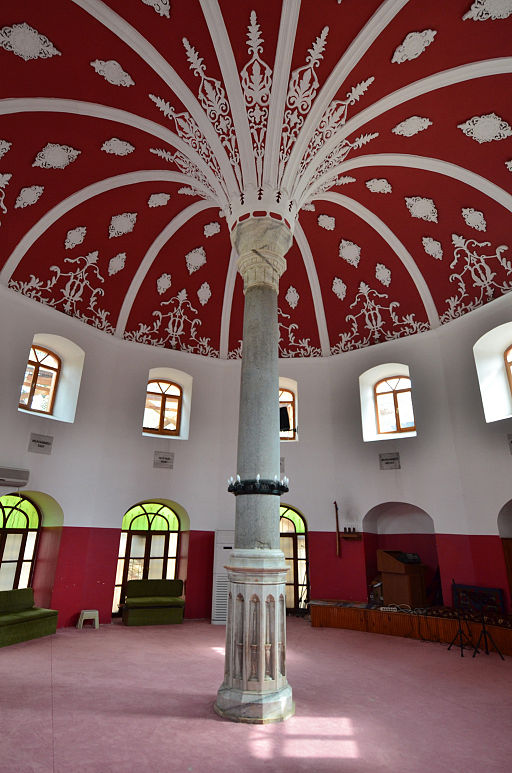
In one of the biggest attacks on Alevis in Turkey in decades, several Alevi Cemevis (Alevi prayer space) and associations in the capital of Ankara were targeted in back-to-back attacks on July 30, 2022, the first day of the Alevis’ holy month of Muharram. Alevi Cemevis namely the Serçeşme Cemevi in Batıkent, the Pir Sultan Cemevi in Oran, Çankara, the Ana Fatma Cemevi in Tuzluçayır, Mamak, and the Gökçebel Village Association were targeted in the attacks. A woman was hospitalized after being stabbed in the attack on the Turkmen Alevi Bektashi Foundation, located in the government quarter of Kızılay, Ankara. Another attack on the Şah-ı Merdan Cemevi in the Mamak district of Ankara occurred during Jem, an Alevi religious ritual. The man who stormed the Cemevi allegedly scattered things around and threw a chair at the dede, the Alevi cleric. One person was injured in the attack.
Members of Alevi organizations gathered in several cities around the country, including Ankara, İstanbul, İzmir, Diyarbakır, Dersim, and İzmir, to denounce the attacks. They released a joint statement that said the purpose of the attacks was to “create an environment of chaos and conflict in the country ahead of the 2023 elections.” The groups said they would not give up on the struggle for democracy, freedom, and equality in the face of the attacks.
Alevis are a formally unrecognized religious minority in Turkey. Alevism is an Anatolian religious tradition, outside the Sunni and Shia sects, based on the teachings of the “12 imams” of Islam. As the state does not officially recognize Alevism, there are no official figures on the Alevi population in Turkey, but it is estimated to be about 18 percent of the population.
Alevis in Turkey have been subjected to atrocities in recent history, most notably the 1978 Maraş Massacre, the 1980 Çorum Massacre, the 1993 Sivas Massacre, and the 1995 Gazi Massacre. Around two hundred people died in the massacres and pogroms targeting Alevis in Maraş, Çorum, and Sivas.
Attacks on Turkey’s minority community have the backing of the Islamist Sunni government. Making sensational online confessions in June 2021 about the state-mafia relations, Turkey’s mob boss Sedat Peker, once close to the ruling party but now estranged, spilled the alleged plan to attack Alevis, the minority community in Turkey. He claimed Mehmet Ağar, a former interior minister, was plotting an attack on a Cemevi. He said on Twitter that the attack would be much greater than the one in 1995 when unknown perpetrators opened fire with automatic rifles on coffee shops in İstanbul’s Gazi Neighborhood, which Alevis predominantly occupy. The shootings that killed a dede led to days of riots that left more than 20 people killed and hundreds injured.
Alevi places of worship and homes continue to be sporadically attacked to date in various parts of Turkey, mostly by marking buildings with “X.” In a parliamentary question in 2021, an MP for the Peoples’ Democratic Party (HDP) noted that 38 similar incidents took place in the country in a decade.
Discrimination toward Alevi people from government authorities has skyrocketed, and physical attacks on Alevi people have become “routine” on the evening news. A recent Hubyar Sultan Alevi Culture Association annual report listed 60 incidents of discrimination towards Turkey’s Alevi people, including board-marking apartments with Alevi dwellers, the Turkish state’s discriminatory practices toward Alevi funerals, and arsons cases in sacred Alevi places. The report indicts the Turkish authorities as being complicit one way or another, either through criminal negligence or through direct support.
Turkey’s Directorate for Religious Affairs (the Diyanet) is also a thorny topic as it comprises only Sunni Muslims. Operating under the Presidency and Diyanet has become the most powerful and influential body in Turkey with a mandate to manage affairs related to the belief, worship, and moral principles of the Islamic religion, enlighten the public about religious issues and administer places of worship (mosques and mescid). Many Alevis have called for its abolition, or at least changes in its composition to allow for Alevi representation, which would permit the Diyanet to meet Turkey’s human rights obligations which it presently does not.
There is also resentment over mandatory religious education in state schools. It focuses on Sunni Islam, ignoring other sects, which is perceived as an assimilation strategy. This is further compounded by the fact that Jews and Christians are generally allowed to skip such classes due to an Article in the 1922 Treaty of Lausanne, which recognizes Christians and Jews as non-Muslim minorities. The legal rights of non-Muslim groups are still based on the Lausanne Treaty, while there is no reference to Muslim minorities in the Turkish legal system.
Alevis have long been among the most outspoken critics of President Recep Tayyip Erdoğan’s Islamist government. When hundreds of thousands of people took to the streets across the country in 2013 in what came to be known as the “Gezi Park protests,” many Alevis were on the front line of demonstrations. Almost 80 percent of protesters detained as part of the Gezi Park protests were Alevis. By coincidence or not, all young men killed during Gezi were of Alevi (neither Sunni nor Shiite) origin. Three of them were from the same district in Antakya, which borders Syria and has ties with the Alawite community in Syria.
Many Alevis also have deep misgivings about Ankara’s anti-Assad stance. Turkish authorities increasingly use psychological violence and pressure, including verbal aggression, threats, intimidation, and harassment, to silence Alevis. The deep state mechanism targets Alevis because they know that with their humanitarian worldview, Alevis have the potential to establish a significant opposition against human rights abuses.
The Sunni-Alevi divide has historically been one of Turkey’s most sensitive fault lines. It still has the potential to explode violently, as several horrific experiences in recent history have shown. Freedom of religion is a fundamental right that states must protect and respect. Alevis have never been recognized as equal citizens of this country. But in recent years, there has been an unprecedented and extraordinary increase in pressure and attacks against the Alevi people. Under the ruling Justice and Development Party following Muslim Brotherhood ideology, Turkey is drifting towards chaos in domestic and foreign politics. Turkey has become sectarian, authoritarian, and intolerant under President Recep Tayyip Erdoğan’s leadership. To hide its inefficiency, the government tries to turn Alevis, Sunnis, Kurds, Turks, and Arabs into enemies through policies that fuel ethnic and sectarian differences enacted by the AKP (Justice and Development Party) government. Turkey’s Alevi Community continues to face severe problems in terms of being officially recognized by the state and practicing their religion. While Turkey is officially a secular country, Sunni Islam is the unofficial state religion. Despite Ankara being a signatory of several international conventions and treaties that guarantee fundamental freedoms for all, the key fundamental rights of Alevis remain ignored by the state. Discrimination and exploitation of Alevis is a ticking time bomb, which, if not diffused, could split the fault line wide apart.
Source: www.globalstratview.com
Comments
Japan's yen dips to 34-year low against US dollar
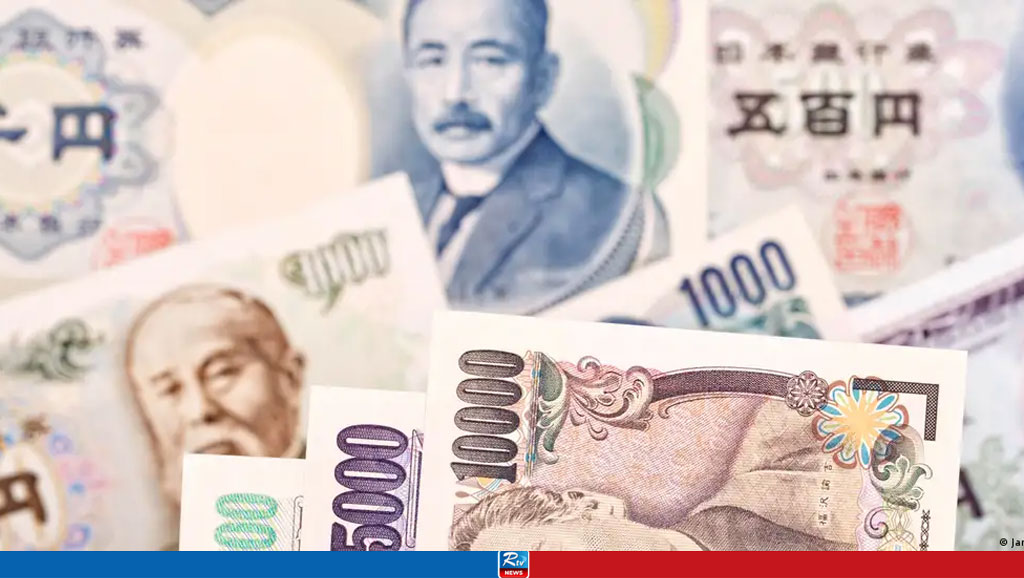
Decoding China’s Neo-Colonist practices in Africa
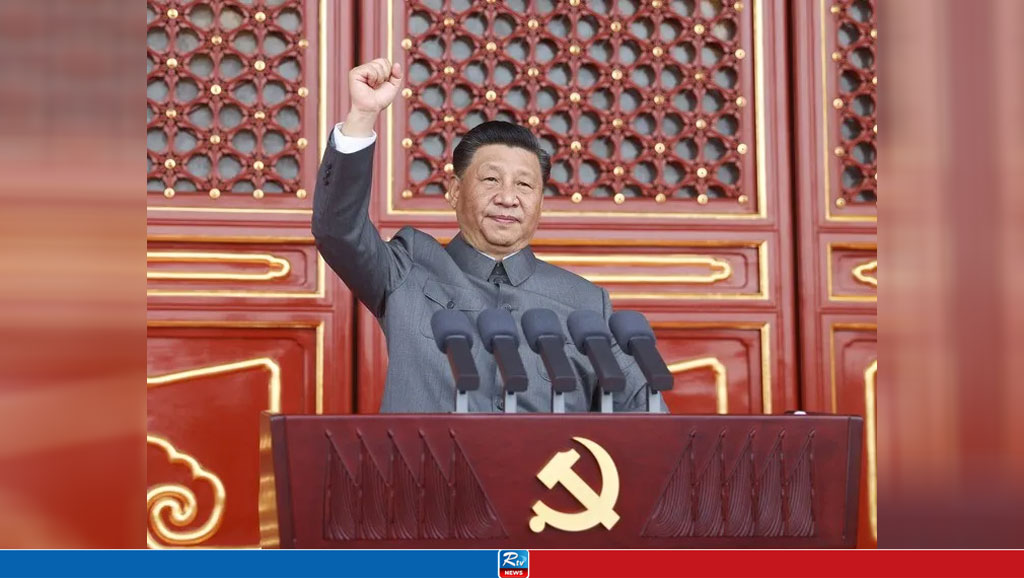
Jacob Zuma barred from running in election
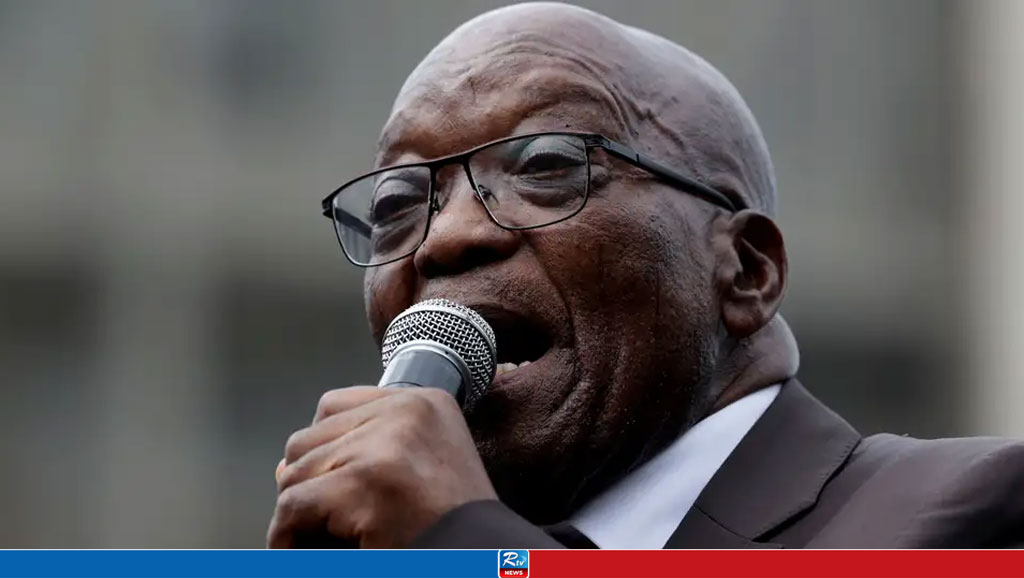
45 dead in South Africa bus crash, 8-year-old girl only survivor
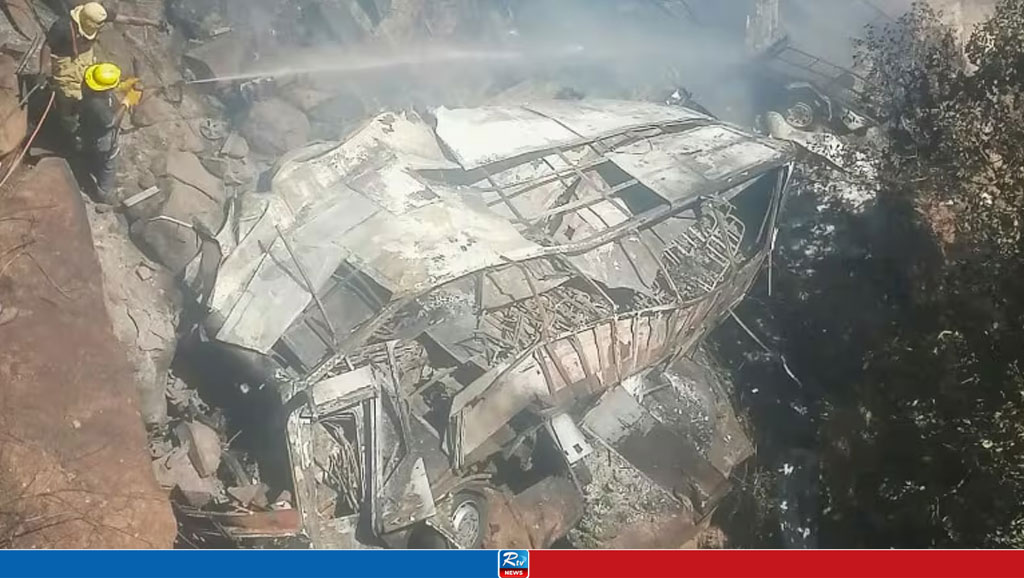
World's most expensive cow sold for $4.3 million in Brazil

Turkey: Polls close in Erdogan's 'last election'
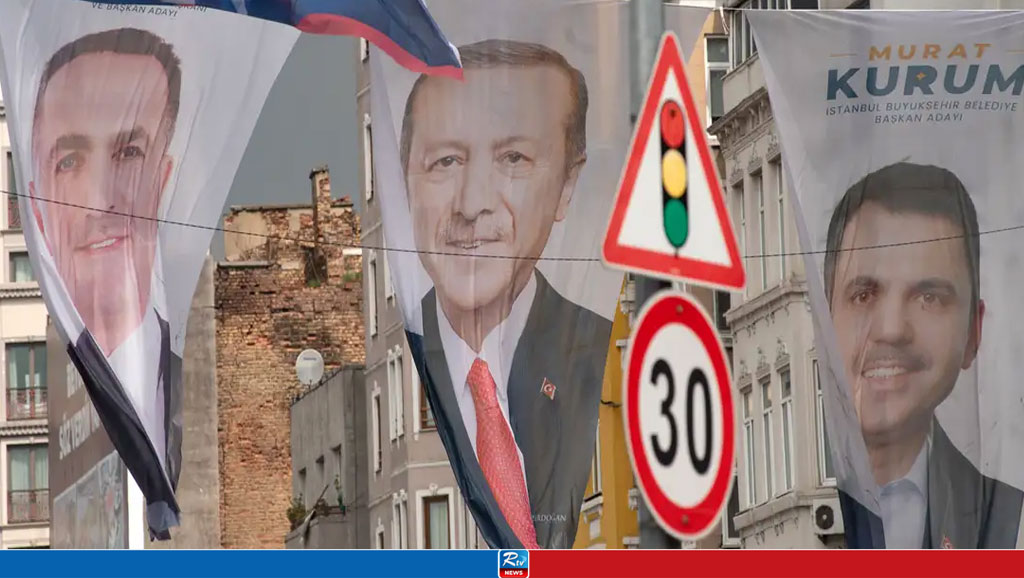
Italy is overtaking Germany as Europe's economic powerhouse
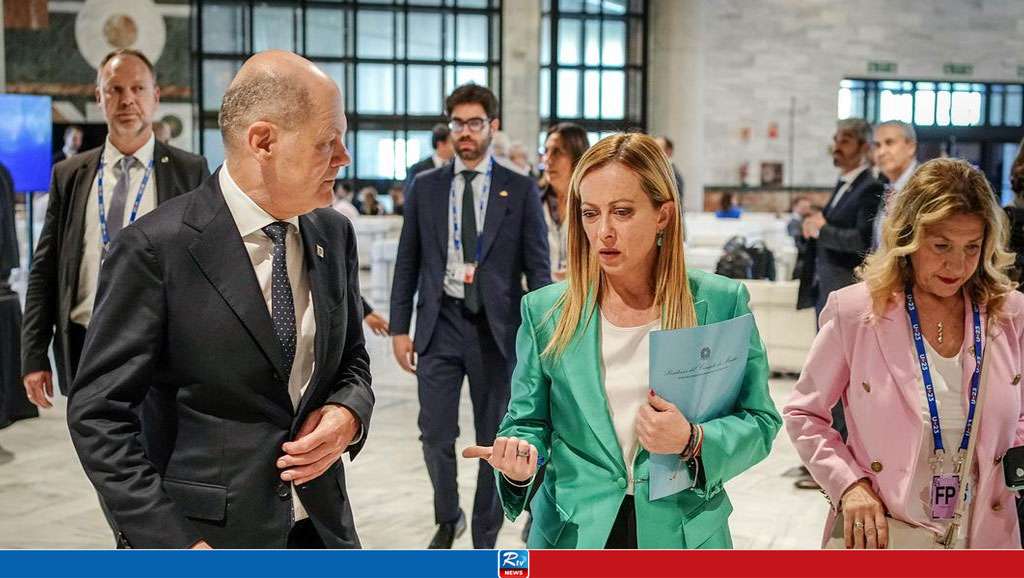

 Live Tv
Live Tv



